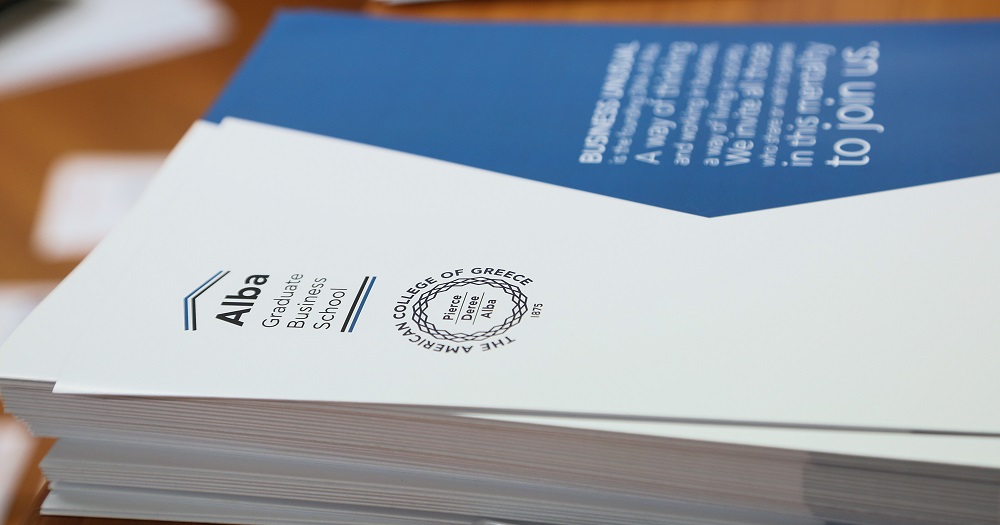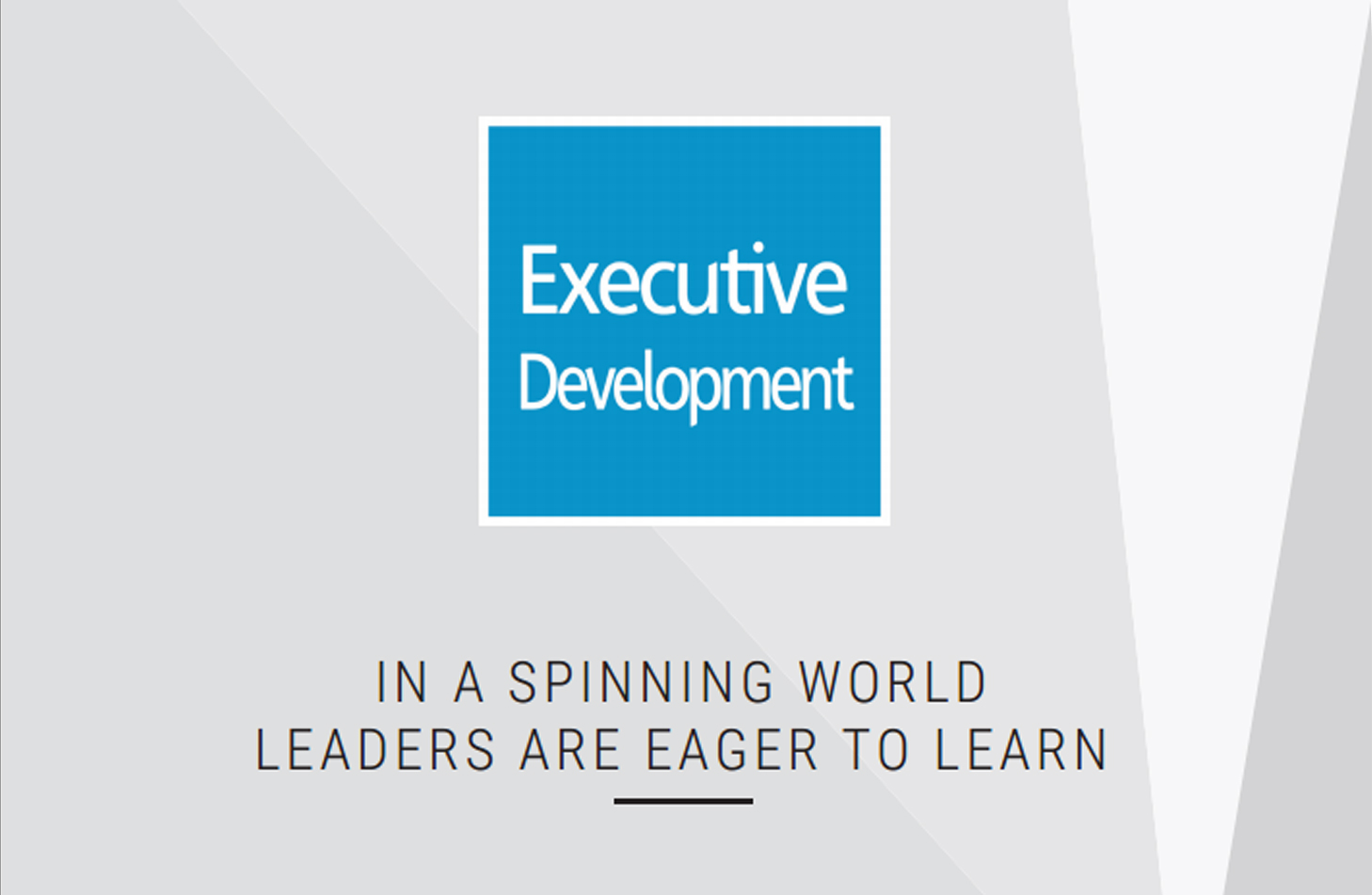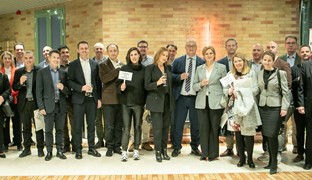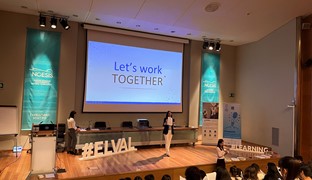Dr. Mylonopoulos at first CEEMAN’s Ed Tech seminar on Challenges of Digital Transformation in Management Education
"Digitalization in education is not about just shifting from pencil to screen, it’s about allowing students to truly enhance their learning and enabling management development institutions to deliver impactful learning experience in a more accessible and personalized way."
The participants of the first Ed Tech seminar left Bled satisfied with what they learned and at the same time fully aware of all the challenges that lie ahead for all educational institutions that wish to meet and keep up with the needs of a digitalized world.
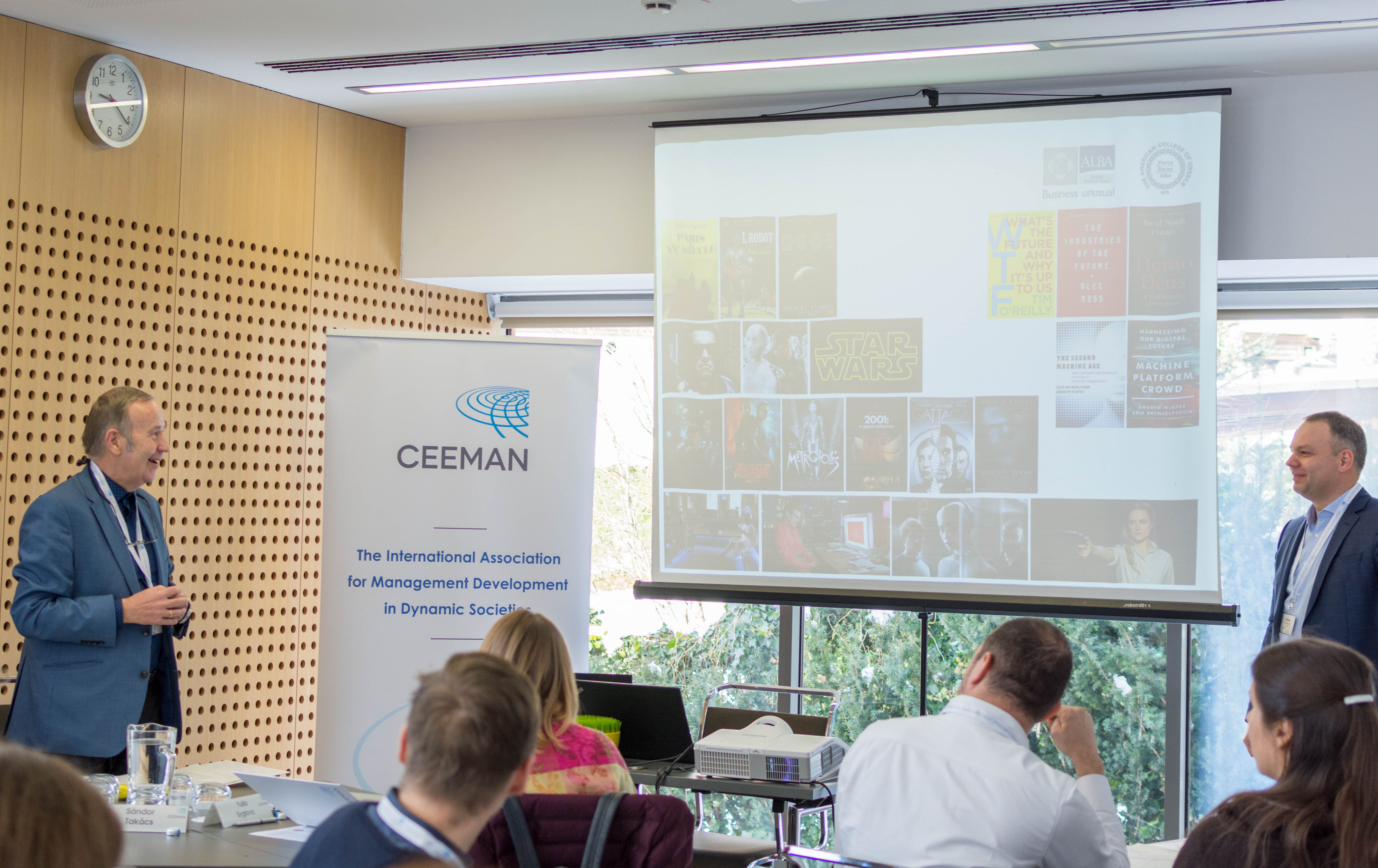
Our own Dr. Nikos Mylonopoulos, Associate Professor of Digital Business was one of the speakers and stated that management education institutions should be looking several decades into the future.
“We are educating students today for the next 30 or 40 years. We also know that in this time frame, technology will radically transform the economy, business, and society. Therefore, it is our responsibility to look deep into the future, and decide how we are going to best prepare students for that kind of change."
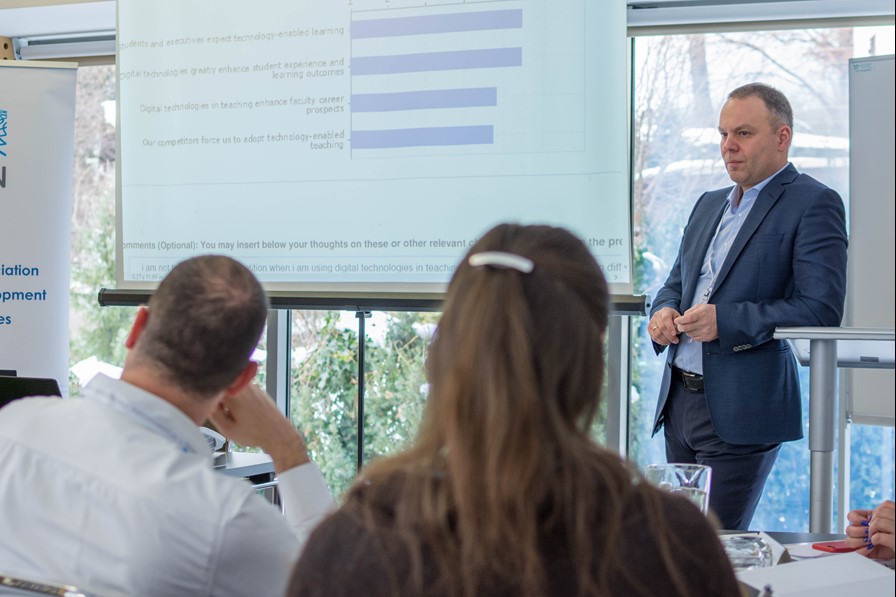
Very interesting were also the final results of transnational research project titled: Management and Leadership Development Needs in Dynamically Changing Societies. The results presented on the second day of the seminar by CEEMAN IQA director dr. Alenka Braček Lalić highlighted digitalization as one of the main challenges!
In a nutshell, from 4th to 7th December, international faculty and experts provided an overview of the “big picture” and trends of digitalization in management education. Moreover speaker and participants shared their experience on a number of issues crucial for implementing technology strategies in management education programs and environments.
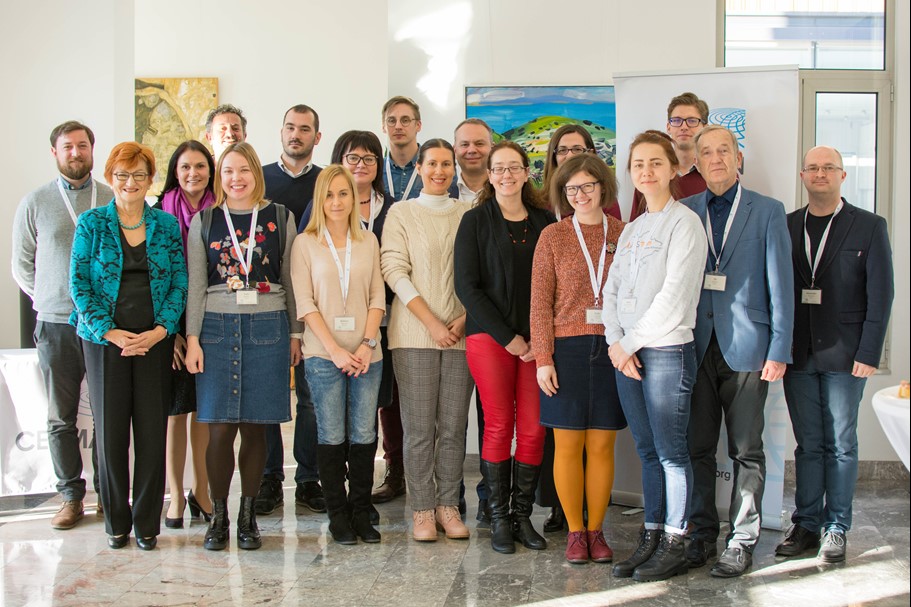
CEEMAN has been helping higher education institutions to continuously improve and advance the quality of business education and management development through a number of successful development programs for faculty and staff. This new seminar designed for decision-makers and academic staff of business schools who wanted to learn more about strategies, practices and tools for embedding digital technologies in teaching and learning. Source and full article here: http://www.ceeman.org/news/it-was-a-great-learning-experience
Read bellow a short Interview with Nikos Mylonopoulos, academic director of CEEMAN EdTech and Associate Professor of Digital Business
Q: What do you think are the main challenges of digitalization in management education?
A: I see this program from the following perspective. We are preparing students today for the next 30 or 40 years. It is our responsibility to look deep into the future and decide how we are going to best educate them for the technological and other challenges they will be facing in the 2040s or 2050s, when the world is going to be very different.
There are two main things, first, we need to take responsibility for the kind of content that we provide, the digital skills that we develop, but also the managerial competences that today’s students are going to be needing in the future. Second, to deploy the tools that we use to pursue our educational goals in an efficient and skillful way. In a way that maximizes the potential of each learning environment, to make the most of face to face interaction and at the same time taking advantage of digital tools. Still today, too many contact hours are “wasted” on one-way transfer of facts, a process which is much better carried out online. One we embrace online channels for this part of the learning process, we can take advantage of face time for the cultivation of tacit expertise, critical appreciation and performative learning.
Today we observe digital companies and large conglomerates trying to put in place more agile management structures in processes. It is still an open question what shape these agile practices will take in businesses but we need to teach our students agile values and practices, the principles and practices of experimentation and lean entrepreneurship, the principles and practices of design thinking. These are the sorts of managerial skills that we should cultivate as opposed to command and control management models that we are accustomed with.
Q: What is this skills and knowledge gap that needs to be addressed in order to succeed with the digital transition?
A: There are a number of issues that relate to present and future industry needs. One is the digital skills that are in high demand today but they are more transient. It’s what the industry needs in the short term, in the next 6 to 24 months. For example, the latest programming language, or the latest digital marketing tools. It is very difficult for universities to keep up to date with technology developments in this field. We have to find ways to use on-line delivery in order to incorporate those skills in our teaching. Because we are academic institutions and because we have responsibility toward the future, we also need to think carefully about how we bring the humanities and arts into the theory and practices of management. It is our responsibility to develop leaders who are not only technically competent but are also able to ask critical questions about the direction in which their companies are leading the world. Businesses are the most influential institutions in society, today and into the future. Therefore, business leaders should have a very strong ethical backbone and it is our responsibility to cultivate it. This is often overlooked but remains an urgent challenge for business schools to address.


